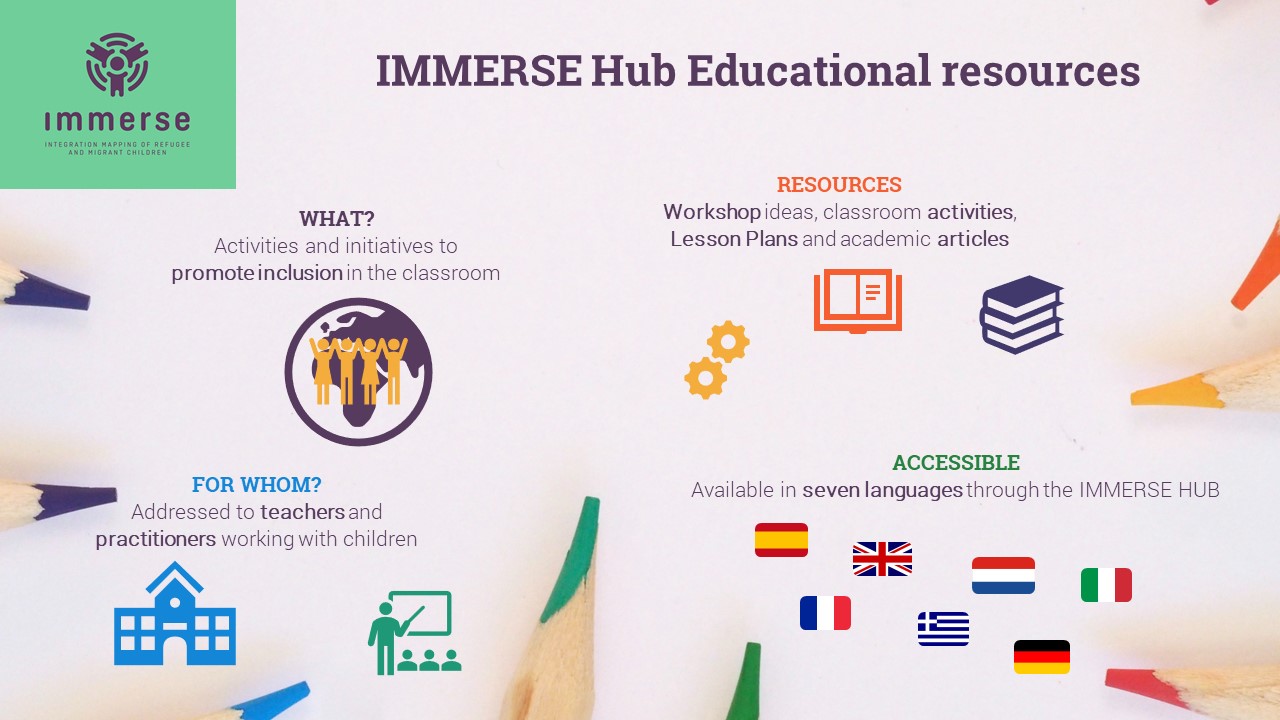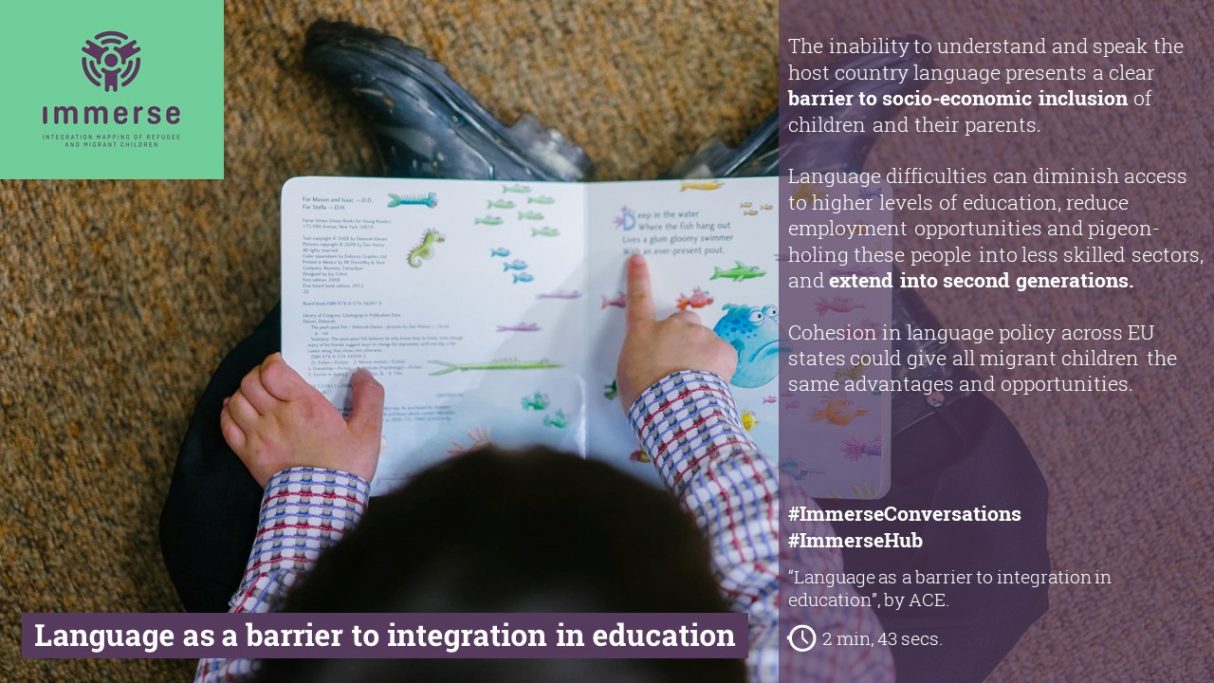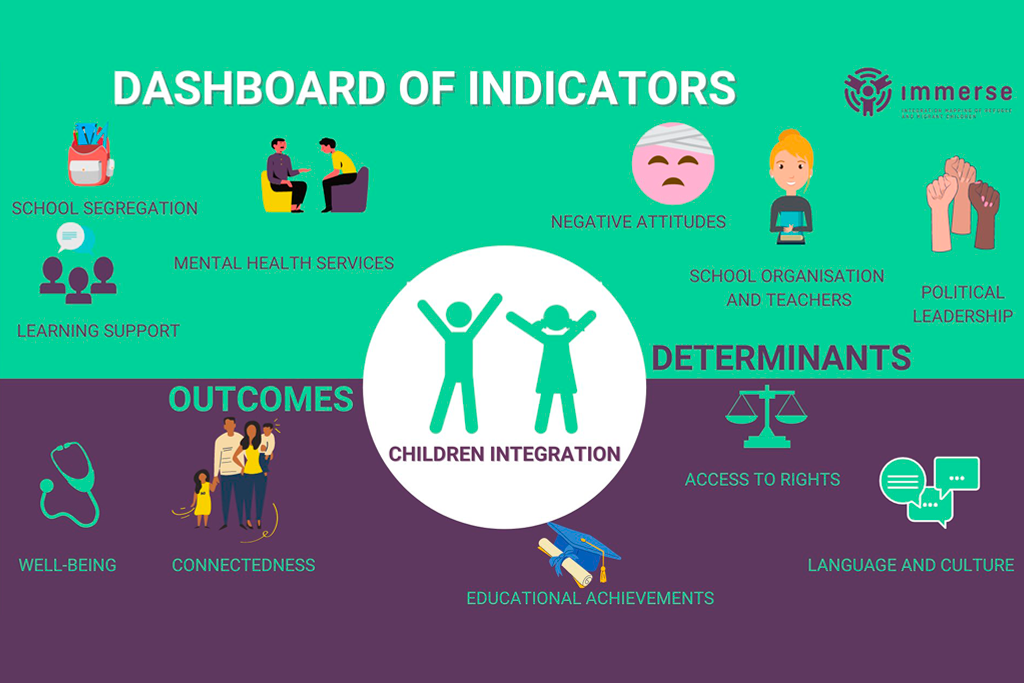Description
This guide reconstructs the process of reception of unaccompanied minors in Italy, identifying the jurisdiction of each actor involved and highlighting the importance of their collaboration to achieve a successful integration and inclusion of these children/teenagers. School is not the only institution in charge of this task but there is a multitude of actors involved: the social services of local authorities, the courts for minors, the host communities, the voluntary guardians, and of course third sector organizations that are part of the local welfare system.
- Access to compulsory education
- Children complete compulsory education
- Children's academic skills
- Children's competence in host language
- Children's life satisfaction / happiness
- Children's sense of belonging
- Friends and peers (support)
- Institutions
- Teachers



